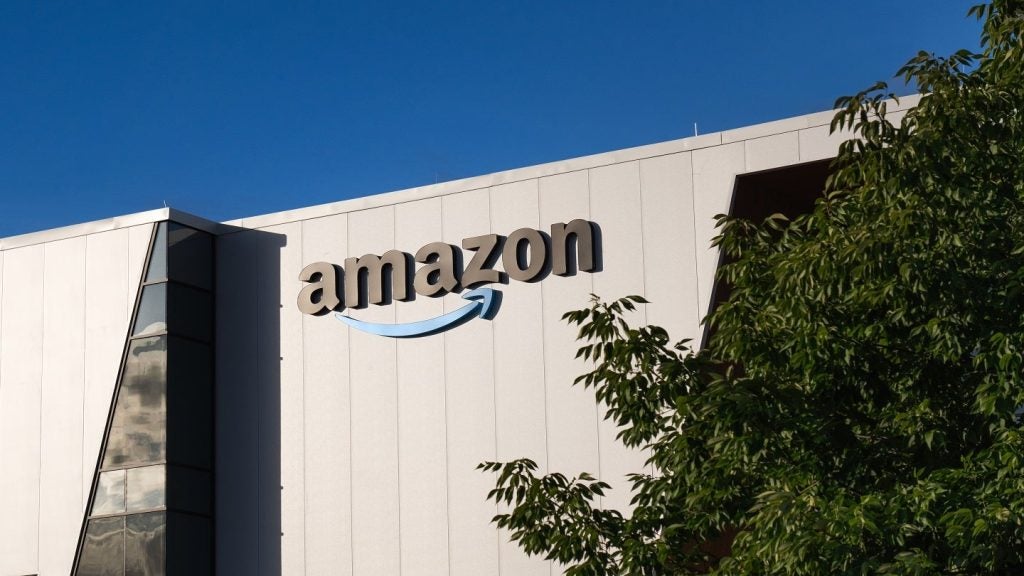
Russian cybersecurity company, Kaspersky Labs, is leaving the US following the government’s ban on the sale and distribution of its software, the company told BBC News.
US Commerce Secretary Gina Raimondo said, in June, that Russia’s ties to the company posed a substantial risk to US infrastructure.
Kaspersky said it has been forced to leave “as business opportunities in the country are no longer viable”.
“Starting from July 20, 2024 Kaspersky will gradually wind down its US operations and eliminate US-based positions,” the company said in a statement.
The US has been locked in a long-running dispute over trade and technology with China and Russia as part of a wider ongoing trade war.
The Biden administration used the powers installed by the Trump administration, allowing for restrictions or bans on trade between US companies and technology companies from countries seen as adversaries.
The US Commerce Department said: “Kaspersky will generally no longer be able to, among other activities, sell its software within the US or provide updates to software already in use”.
The downloading of software updates and the resale and licensing of Kaspersky products were to be banned from 29 September, the Commerce Department said.
Established in 1997, Russia-based Kaspersky protects the data intelligence of almost half a million people and a quarter of a million companies.
Following the ruling, Kaspersky said its software is used to protect US national security from a “variety of threat actors”.
The Russian company said the barring of its business was due to the “present geopolitical climate and theoretical concerns”, as opposed to a thorough assessment of its network of products.







